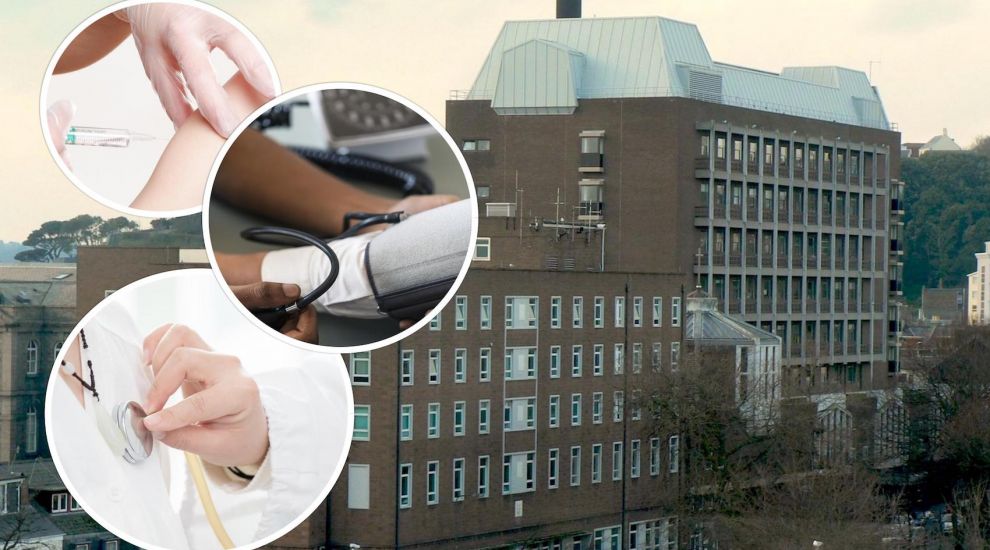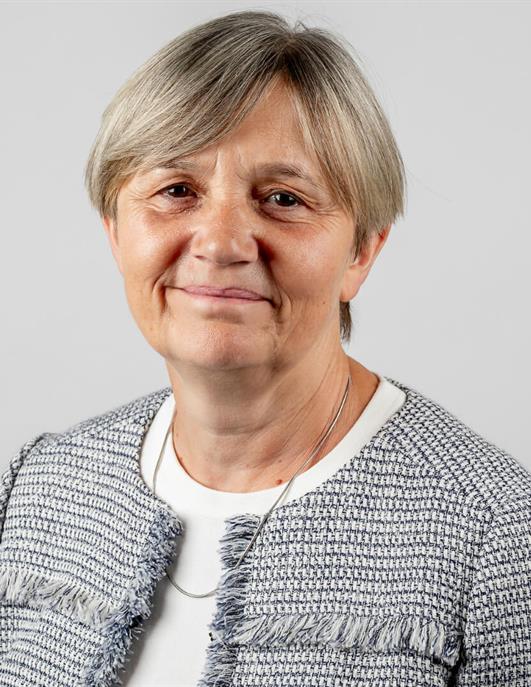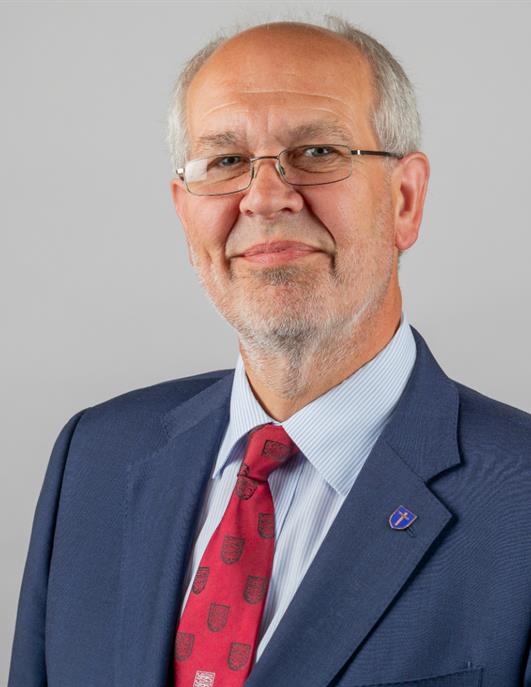


Politicians have voted to approve a major shake-up to the health service that will underpin the future hospital project – despite an apparent lack of support from GPs and concerns that the plan lacks detail.
Just seven States Members voted against the New Jersey Care Model (JCM) - the key document setting out how primary care for islanders will change over the next five years - following yesterday's debate.
In it, Health Minister Deputy Richard Renouf defended the plan, saying it aimed to steer the direction of healthcare, and that more detail would be added as it is developed.
His comments followed a critical report from the Health Care Scrutiny Panel, which slammed the Model for having “insufficient pace and rigour."
They also highlighted concerns from GPs, with over 50% consulted saying they would probably or definitely not be receptive of future employment opportunities contracted by Health Care Services.
They also expressed concern that the proposed model would make existing problems worse for the "already over-stretched workforce", and called for an independent non-executive board to be set up to make sure health officials deliver it properly.

Pictured: The Minister approved 18 of the recommendations made by the Health Care Scrutiny Panel chaired by Deputy Mary Le Hegarat.
The Panel made 21 recommendations - 18 of which the Health Minister eventually agreed to, leading States Members to adopt the model with 33 votes ‘pour’ and seven votes ‘contre’ on that basis.
In a statement read to the Assembly on Monday, ahead of the vote, the Minister moved to reassure that under the proposed Model, GPs would “remain independent service providers.”
Introducing his proposition during yesterday's debate, the Health Minister said the absence of care in the community, especially overnight nursing, meant people were being brought into hospital or admitted into residential care when they could in fact continue to live independently.
He said therefore the main aim was to reduce the dependency on secondary services by delivering more care in the community and at home.
He said the proposed care model would help address the root cause of conditions by focusing on prevention while addressing inequalities.
He also welcomed the Scrutiny report, which he described as “a good example of a critical friend”, adding that 18 of its 21 recommendations had been accepted.

Pictured: Deputy Richard Renouf said the model aimed to reduce dependency on secondary services.
Chris Taylor, the Constable of St. John, was one of several States Members to note how the model had been “a long time coming”, arguing it should have been developed nearly a decade ago.
“It’s not perfect, it will need to be worked on but with the oversight of an independent panel, I believe we are going in the right direction,” he added.
Several Members, however, criticised the model for its lack of detail. Early on, Deputy Geoff Southern even brought forward a proposition for the JCM proposal to be referred back, “as a middle way of action” between rejecting it outright and accepting it.
He asked the Health Minister to provide information on the “sustainable mechanism” that would fund the model and whether GPs were “fully on board and committed to delivering this."
What is a 'reference back'? It is a means by which a politician can seek to gain further info for the States Assembly relating to the Proposition; or to clarify any ambiguity or inconsistency in info relating to the proposition which has already been provided to the States.
— States Assembly (@StatesAssembly) November 3, 2020
He also asked how the Minister was proposing to address the numerous vacancies in the Health Department and how he would ensure the involvement with voluntary bodies, when previous attempts had failed due to the “bureaucratic nightmare” the system created.
Deputy Southern said that, without information on those three aspects, he was concerned the Government would not be able to deliver on “all the fine words."
Senator Sarah Ferguson supported Deputy Southern’s bid, criticising the model as “smoke and mirrors” designed “to screw the GPs into the floor and turn them into the NHS."
Deputy Mike Higgins warned the States Assembly was being asked to make decisions “on very little data and detailed information”, which he said was equivalent to signing a blank cheque.

Pictured: The Health Minister assured more financial details would be provided in the future.
The Health Minister assured that “precise financial aspects” would be provided in the two next Government plans, noting the model was not a budget.
The proposal to refer the JCM back was defeated with 23 votes against and only 18 in support of it and the debate proceeded, with more States Members calling for more detail.
Deputy Steve Luce described the model as lacking the “glue” to hold it together, referring to an analogy used earlier on by Constable Taylor.
Deputy Rob Ward said he was more concerned about the staffing, not only the numbers but also whether they would be skilled enough and willing to work in the community.
Deputy Montfort Tadier described the model as needing “more meat on the bones." He however noted the current system is “very divisive” and said that it is not in anyone’s favour for islanders to put off seeing their GPs because of the cost.

Pictured: “It will be an evolutionary system with all stakeholders involved,” he added.
Several Members also applauded the work of the Panel that scrutinised the proposition. Deputy Kirsten Morel, who described the model as an “incomplete and unfinished piece of work”, said the Health Panel's work had been “scrutiny par excellence”, which had saved the model and made it acceptable.
Concluding the debate, the Health Minister explained he had chosen to come back before the Assembly with the JCM because he believed it was important to know “where the island wants to go."
He assured he was not trying to create an NHS model and that he wanted transparency, which is why he had established a Health and Community Service Board.
He promised to continue to “ramp up engagement with the GPs”, saying they would be heavily involved in the next steps.
“It will be an evolutionary system with all stakeholders involved,” he added. “…This is an exciting time and I hope all Members will fully engage with it.”
Comments
Comments on this story express the views of the commentator only, not Bailiwick Publishing. We are unable to guarantee the accuracy of any of those comments.